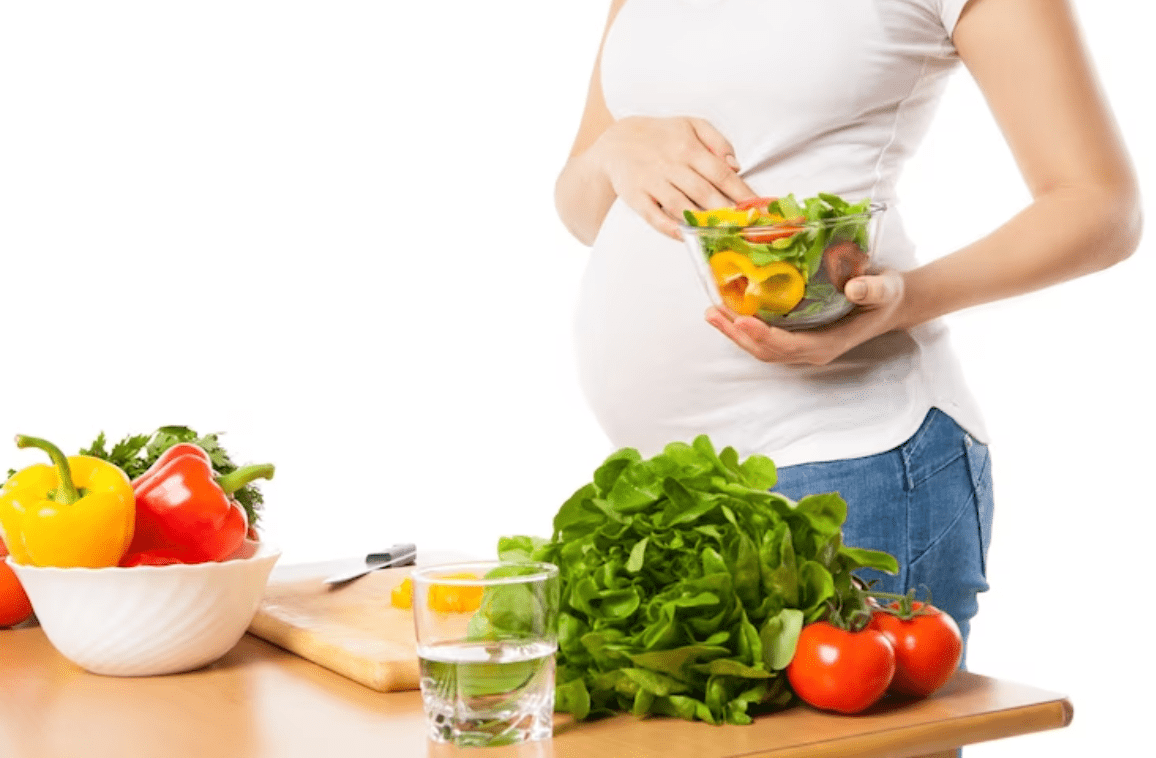Role of Diet, Nutrition in Overcoming Female Infertility
The Impact of Lifestyle Factors on Fertility
Importance of female infertility cannot be undermined. It has to be given much importance by experts, as female infertility not only affects the health of women but society as a whole.
Infertility happens to be a major problem in modern society and is the failure to conceive after one or even more years of attempts at natural fertilization.
Besides a number of gynecological and systemic diseases affecting a woman’s fertility, lifestyle factors and environmental conditions like stressful jobs, unbalanced nutrition, and an unhealthy diet do interfere with reproduction safety in both women as well as men.
Abnormal body weight and energy supply in terms of restrictions or excesses, as well as dietary enrichment in carbohydrates, fatty acids, proteins, vitamins, as well as minerals, all exert a detrimental impact on both ovulatory function and normal spermatogenesis. Also, there is negative interference with the safety of gametes being here; several nutrients in major diets also tend to affect the implantation of a normal embryo.
Role of Nutrition in Female Fertility
The role of nutrition in female fertility happens to be a very interesting topic for professionals concerned with the health of females and is a topic of interest for researchers. A recent study highlights the complex relationship between nutrition as well as fertility, with a particular focus on carbohydrates, proteins, and fatty acids.
Protein Consumption and Reproductive Outcomes
Carbohydrates, which are the primary energy source in humans, do regulate the glucose metabolic pathway and insulin-mediated glucose control. A higher whole-grain intake has been associated with higher pregnancy as well as live birth rates. Similarly, eating more vegetables does indicate improved embryo quality following intracytoplasmic sperm injection (ICSI).
Proteins do play a complex role in reproduction, and it is still rather unclear how the source or amount of protein intake affects fertility. A dietary pattern that does recommend a high consumption of whole grains, monounsaturated or polyunsaturated oils, vegetables, fruits, and fish has been associated with improved fertility in women and higher semen quality in men, as highlighted in multiple studies.
Fatty Acids: Essential Nutrients for Oocyte Development
Fatty acids, mainly polyunsaturated fatty acids (PUFA), do play an important role in the development as well as maturation of oocytes. A diet rich in PUFA has in fact been shown to improve oocyte quality and also increase embryo implantation rates.
In addition to dietary factors, other lifestyle-related factors like smoking, elevated consumption of caffeine as well as alcohol, stress, agonist sports, chronic exposure to environmental pollutants, and other nutritional habits do exert a negative impact on women’s fertility.
It is considered important to note that infertility is defined as the inability to conceive and also become clinically pregnant after 12 months of unprotected intercourse.
Other Factors Affecting Female Fertility
Besides aging, a number of non-modifiable lifestyle-related factors, like smoking, elevated consumption of caffeine and alcohol, stress, agonist sports, chronic exposure to environmental pollutants, and other nutritional habits, do exert a negative impact on a women’s fertility. In particular, metabolic disorders such as diabetes, obesity, and hyperlipidemia that are commonly associated with hypercaloric diets are suspected to affect a woman’s fertility either by direct damage to oocyte health and also differentiation or by indirect interference with the pituitary-hypothalamic axis, thus resulting in dysfunctional oogenesis. Obese women do show decreased insulin sensitivity, determining persistent hyper-insulinemia, which may be involved in the pathogenesis of polycystic ovary syndrome. Thus, the reduced insulin secretion that gets induced by dietary adjustments is an attractive non-pharmacological treatment in order to prevent infertility, and a Mediterranean diet aimed at maintaining normal body mass may be effective in the preservation of ovarian health and also physiology. Furthermore, in relation to oxidative stress as a co-factor of defective oocyte maturation, it is good to have an appropriate intake of proteins, antioxidants, and methyl-donor supplements (Carbon Cycle) may decrease the bioavailability of toxic oxidants, thus resulting in the protection of oocyte maturation.
To sum up:
Influence of diet on reproductive health in women
- Carbohydrates There are, in fact, limited studies evaluating the effect of carbohydrate intake on the ovulatory function and fertility rate of healthy women.
- Fats: Different studies do show that fatty acids are needed in early reproductive events, like oocyte maturation and embryo implantation.
- Micronutrients.
- Dietary patterns.

Write your message

